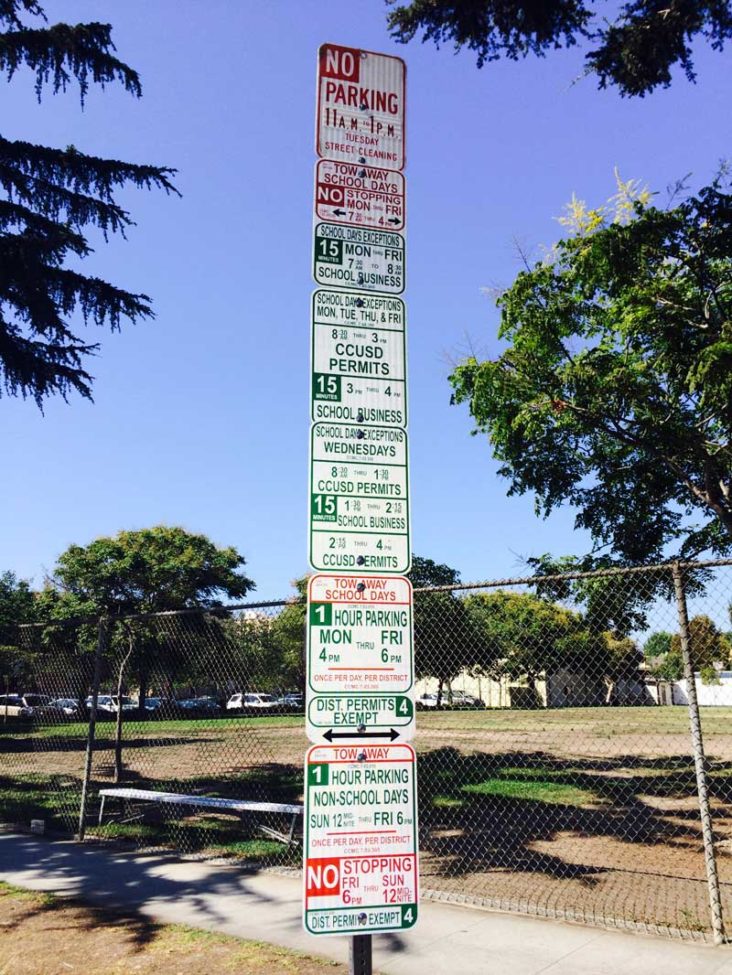It can be difficult to communicate the different legal regulations that non-profits operate under in order to help people understand what your organization can and can’t do.
Non Profit Law blogger and attorney, Gene Takagi created a Non Profit Law 101 for Journalists which provides a quick summary of the basic regulations under which 501 (c) (3) organizations need to operate.
Of course, in addition to journalists, the piece can serve as a quick reference for staff and board members when they want to get a general sense about the rules for themselves or in support of a presentation or conversation in which they might be participating.

Private Benefit Doctrine vs. Private Inurement Doctrine may not be your usual lunch time fare, but being aware of the general restrictions will keep you out of hot water with the IRS. Since the distinction between some of the rules are a bit vague, using a quick reference like this on can allow you to discern what term to research for specific detail.
The guide can be especially useful during an election year because it addresses questions of lobbying and other political activity. To wit:
Lobbying (Public Charities)
A 501(c)(3) public charity may engage in lobbying activities subject to certain limitations. Lobbying cannot be a substantial part of its overall activities. But for organizations that have made the very simple 501(h) election, whether lobbying is substantial is measured only by its expenditures and not by its volunteer activities. Moreover, the level of lobbying permissible under 501(h) is relatively generous (e.g., 20% of its first $500,000 of exempt purpose expenditures).
Political Campaign Intervention
A 501(c)(3) organization may not engage in political campaign intervention, including endorsing or otherwise supporting (or opposing) a candidate for public office. Certain voter education or registration activities may not violate this prohibition if conducted in a non-partisan manner. On the other hand, lobbying activities on wedge issues separating two candidates timed to take place only immediately before an election may be considered political campaign intervention.
The universe of non-profit organizations is complex and can not be explained in such a short primer which is why this only applies to 501 (c) (3) organizations. (Which, granted, are the majority of non-profits)
Tagaki’s piece doesn’t address the differences between the various non-profit categories, which can do outright lobbying (501 h he briefly mentions). Nor does it mention that not all non-profit organizations are tax exempt and of those that are tax exempt, only donations made to charitable organizations are tax deductible.